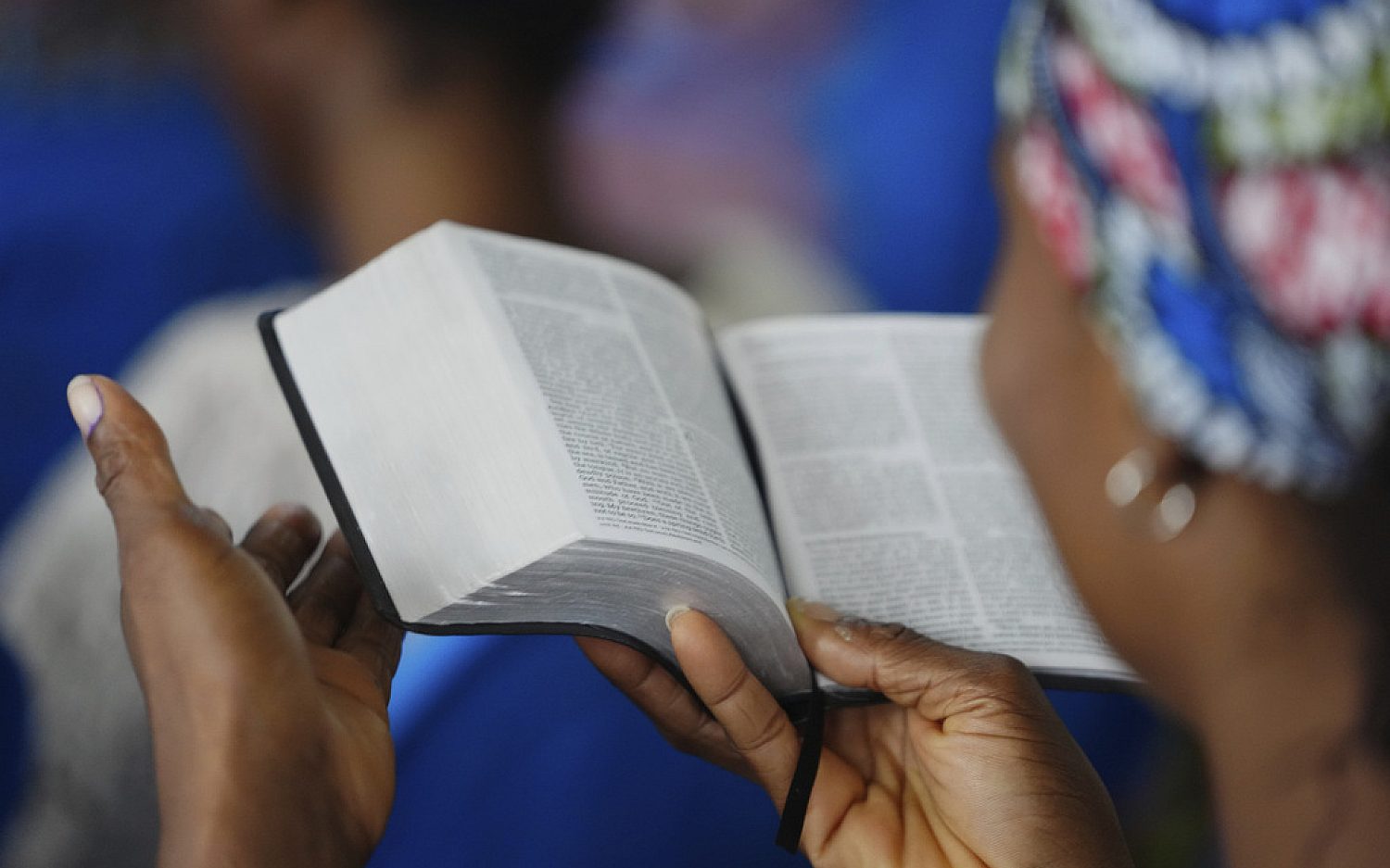Trustworthy treaty?
The NAE and other Christian groups endorse the UN’s first-ever international arms trade treaty, but others worry about unintended consequences
NEW YORK—After seven years of back and forth, the United Nations Tuesday, with the backing of the United States, passed the first-ever treaty regulating the international arms trade. The treaty also gained the unusual backing of a number of Christian organizations, including the National Association of Evangelicals (NAE) and the National Council of Churches (NCC).
Only three countries—Syria, North Korea, and Iran—voted against the treaty, which garnered 154 “yes” votes. Twenty-three countries, including Russia and China, abstained from the vote, indicating a not insubstantial level of unease.
The treaty is likely to be mostly symbolic. Its enforcement depends on the 50 countries ratifying it: the United States, the world’s largest arms exporter, almost certainly will not. To win ratification the treaty needs the support of two-thirds of the U.S. Senate, which looks unlikely with Republican opposition. The National Rifle Association, a heavyweight in U.S. politics, opposes the treaty on the grounds that it could infringe on Americans’ gun rights and add burdensome regulations on American gun dealers.
Secretary of State John Kerry praised the passage of the UN treaty on Tuesday and made sure to note it only regulated international trade: “Nothing in this treaty could ever infringe on the rights of American citizens under our domestic law or the Constitution, including the Second Amendment.”
Support for a UN arms treaty is a turnaround for the U.S. government. The Bush administration declined to pursue a treaty, but the Obama administration has since taken up the cause.
Several Christian organizations have been pushing for the treaty over the last year. In mid-March a number of Christian leaders wrote a letter to President Obama urging the United States to offer its support. Top officials from World Relief, the Christian Community Development Association, Christianity Today, the National Hispanic Christian Leadership Conference, and the Christian Reformed Church of North America, among others, signed the letter.
“One treaty alone cannot end war and violence,” they wrote. “But the ATT [arms trade treaty] can help keep weapons out of the hands of those threatening U.S. troops, missionaries, humanitarian workers, and innocent civilians around the globe.”
On Wednesday, Galen Carey, vice president for government relations at the NAE, explained why the group decided to get involved on the issue.
“It will make the situation safer for our aid workers and missionaries,” said Carey. “We’re keenly interested that the legitimate international trade in weapons, which we recognize and support, is not diverted in sending weapons to the wrong people.”
Last week the NAE promoted a nationwide day of prayer for the treaty and hosted a public prayer meeting in New York as the treaty’s negotiators were finalizing details. I asked Carey whether the treaty might indirectly harm missionaries or aid workers who might have to arm themselves in unstable countries.
“I don’t believe I ever came across any missionaries or aid workers who directly arm themselves,” said Carey, who grew up on the mission field and later worked for World Relief, the humanitarian aid arm of the NAE. “They may hire security guards. … [The treaty] wouldn’t affect legitimate trade of that kind. We’re talking about whether it’s OK for Russia to sell weapons to Syria.”
Mark Tooley, president of the Institute on Religion and Democracy, has criticized the NAE, the NCC, and others for endorsing the arms treaty. Tooley wrote that moderate religious groups are “too often … willing to trust international treaties to achieve global harmony.” He said there was a history going back to the 1920s of church groups like the Federal Council of Churches with “very lofty intentions” getting behind arms treaties through the League of Nations. “Those treaties have not always had happy endings, and have unintended consequences,” Tooley said Tuesday.
Ted Bromund of The Heritage Foundation, who has followed the treaty process closely, said that bad actors would likely flaunt the treaty while using it to constrain law abiders like the United States. So Iran might continue to supply arms to terrorists, but bring charges against the United States if the United States theoretically attempted to arm rebels in Iran.
“It’s a very important issue, and certainly people of faith should be involved in it, but whether the name of the church should be used for a very specific stance is questionable,” Tooley said.
Carey said even if the treaty is symbolic, he thinks it will affect “the political and moral standards … it will be important to civil society.” But he acknowledged, “We have to be modest about our expectations of what this treaty will accomplish.”
An actual newsletter worth subscribing to instead of just a collection of links. —Adam
Sign up to receive The Sift email newsletter each weekday morning for the latest headlines from WORLD’s breaking news team.





Please wait while we load the latest comments...
Comments
Please register, subscribe, or log in to comment on this article.